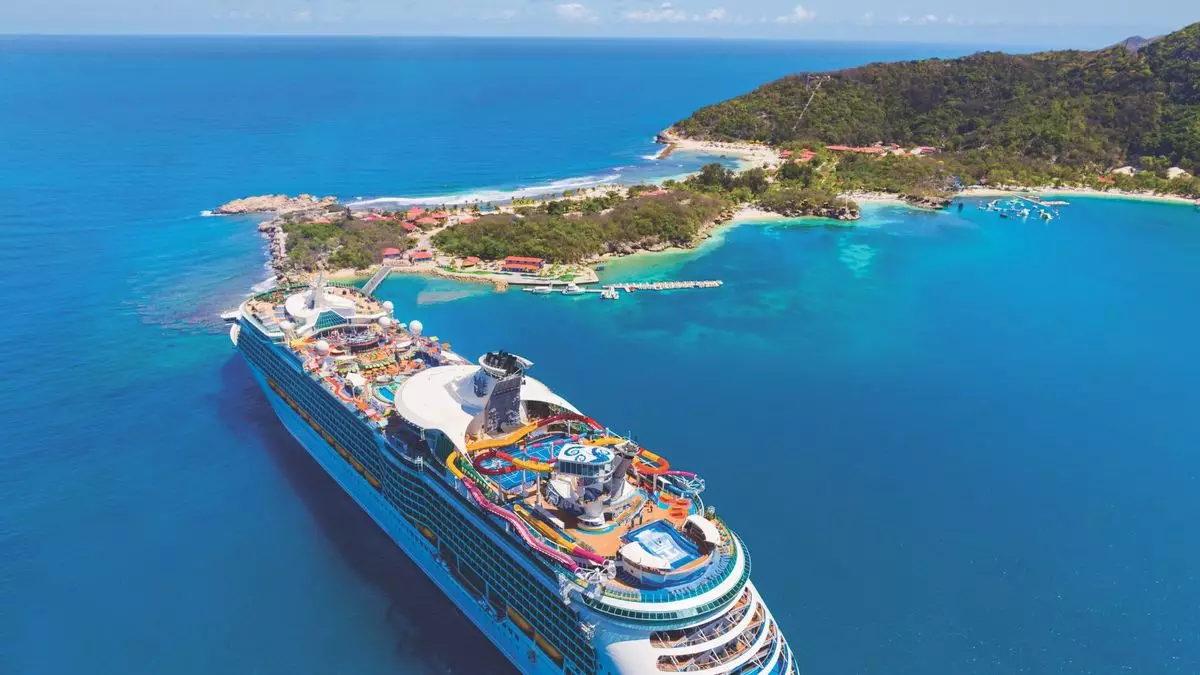Royal Caribbean International is navigating a complex landscape as it resumes operations at its private destination in Labadee, Haiti, after a seven-month suspension. The Adventure of the Seas is leading the charge, set to dock today, with the Symphony of the Seas following closely due to a last-minute alteration influenced by Hurricane Milton. This development marks a significant shift considering the political instability and safety concerns that led to the suspension of cruise calls in March. The original decision to halt operations was largely due to widespread gang violence and civil unrest that posed a significant threat to safety in Haiti.
Interestingly, the announcement of Royal Caribbean’s return was catalyzed by passenger interest. A guest highlighted Labadee’s presence in their itinerary on social media, prompting the cruise line to confirm what many were waiting to hear. This scenario illustrates an evolving dynamic where consumer interest can rapidly influence corporate strategies, especially when it comes to tourism in treacherous climates. While it reflects well on the company’s ability to adapt quickly, it also raises questions about the ethics of prioritizing tourism amid ongoing crises.
Despite the excitement surrounding the return, sobering news continues to emerge from Haiti. Just days before the inaugural docking, the country experienced violent outbreaks, with reports indicating that gang activity led to the deaths of at least 70 individuals in Pont-Sonde—an area located several hours away from Labadee. Royal Caribbean has defended its decision to resume calls at Labadee, citing the measures in place to ensure guest safety, including the work of its Global Security Team, which is closely monitoring developments in the region. The cruise line has emphasized that passenger safety remains its paramount concern, which may leave potential travelers questioning the viability of a genuinely safe experience.
It is also crucial to consider the broader implications of Royal Caribbean’s return, especially in light of the U.S. State Department’s advisory discouraging travel to Haiti, updated in mid-September. Such advisories serve as a critical litmus test for public sentiment regarding travel to regions marked by instability. As public interest in travel to exotic destinations continues to grow, the decision of a major travel operator like Royal Caribbean to re-enter Haiti could inadvertently signal a risky endorsement of the region’s safety, regardless of the ongoing unrest.
As multiple Royal Caribbean ships are slated to resume operations through the end of the year, the industry will be watching closely to see if these plans hold. The return to Labadee raises numerous questions about the future of tourism in Haiti amidst persistent gang violence and political upheaval. These events prompt deeper reflections on how tourism corporations balance operational demands with ethical considerations in regions facing adversity. The success or failure of Royal’s re-entry could set a precedent for other companies that may wish to brave similar waters in uncertain times.

